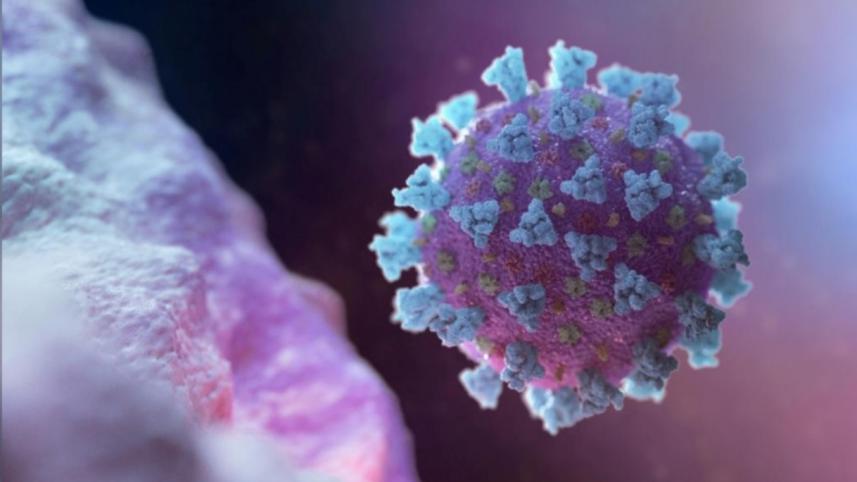With so few tests, any claim regarding Covid-19 is dangerous

A problem unacknowledged or left unaddressed for long doesn't make it go away. If anything, it leads to bigger problems. For some strange reason, this simple wisdom has eluded our health authorities who continue to turn a blind eye to the need for increasing Covid-19 tests, despite the high price being paid in unaccounted-for deaths and infections. There are a few theories for why this is the case. One that seems increasingly plausible has to do with the political fallout of expanding testing: more tests could mean more infections, a situation that doesn't sit well with an administration seeking validation of its Covid-19 response. We've seen similar reasoning in the US that linked rising infections to improved testing. But this theory is dangerously wrong, as experts point out, since a growing case count is the result of a worsening outbreak—not a by-product of increased testing. And given its poor testing record (now hovering around 10,000-12,000 tests per day) and the high infection rate of 21.56 percent, Bangladesh may well be staring down an explosion silently sweeping the country.
There's no arguing that expanding testing can help explain why test positivity is so high in Bangladesh and where specific interventions are needed in terms of contact tracing, isolation and even lockdown. It can also help us make better strategies to stem the infection. Unfortunately, among the 18 countries that have recorded at least 200,000 cases, Bangladesh has the lowest levels of testing, with only 6,823 tests per one million people. The number of daily Covid-19 tests has declined over the past three weeks. We continue to do the opposite of what we need to do, but that has hardly dissuaded our policymakers from defending their position. On July 27, the health minister claimed, against evidence, that the country's health sector is no longer in the fragile state it used to be. The same day, an additional director general (admin) of the DGHS, citing declining case numbers, said we are now past the coronavirus peak, hence people's lack of interest in testing.
But the truth is far from it. As an investigative report of The Daily Star about the lack of Covid-19 cases in Dhaka's slums shows, besides the lack of tests by the authorities, a number of factors are also responsible for the decline in interest, including imposition of testing fees at the government-run facilities, long delays in getting tested and receiving test results, lack of awareness campaigns, and growing distrust of the accuracy of the test results, especially in the wake of several scandals involving fake Covid-19 tests and issuance of forged certificates. The absence of an initiative to expand testing and restore public confidence is actually covering up the real situation, with far-reaching consequences. The government must not allow this to continue. It must bolster its testing drive by raising the daily test number to at least 20,000, as experts have suggested. Anything less will not be enough to curb the spread of a virus that has already devastated our life and economy.



 For all latest news, follow The Daily Star's Google News channel.
For all latest news, follow The Daily Star's Google News channel.
Comments